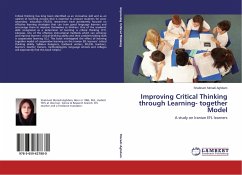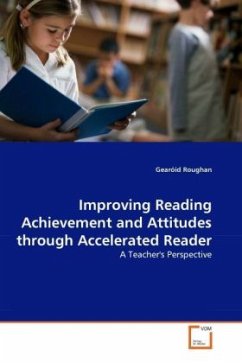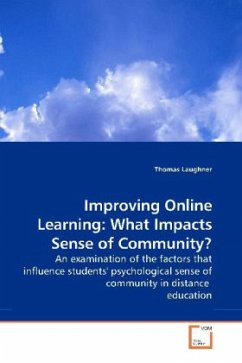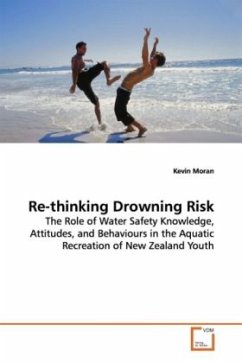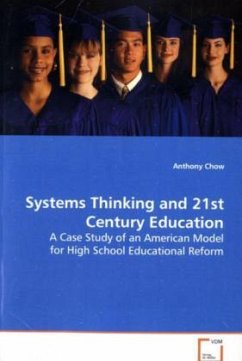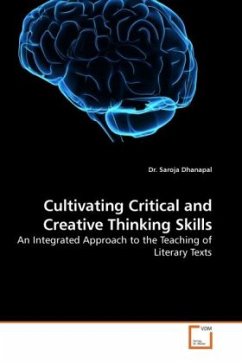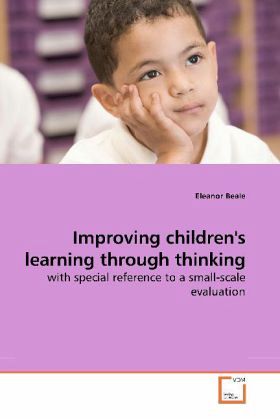
Improving children's learning through thinking
with special reference to a small-scale evaluation
Versandkostenfrei!
Versandfertig in 6-10 Tagen
32,99 €
inkl. MwSt.

PAYBACK Punkte
16 °P sammeln!
This dissertation is written in the tradition and spirit of Dewey covering both conceptual and practical issues and investigates a novel approach to the development of analytical and emotional thinking skills in children. From an initial exploration of what thinking is as described by Dewey et al, it identifies key recommendations as to why children should be taught to think. The study details the thinking skills required in the National Curriculum core and foundation subjects and the need for teachers to model appropriate attitudes and dispositions to promote good thinking in children within ...
This dissertation is written in the tradition and spirit of Dewey covering both conceptual and practical issues and investigates a novel approach to the development of analytical and emotional thinking skills in children. From an initial exploration of what thinking is as described by Dewey et al, it identifies key recommendations as to why children should be taught to think. The study details the thinking skills required in the National Curriculum core and foundation subjects and the need for teachers to model appropriate attitudes and dispositions to promote good thinking in children within the classroom. The small-scale evaluation focuses on three case studies. Each is assessed and analysed in terms of the development in the children s thinking as a result of specific input to help them think more deeply and flexibly. The outcomes of the small-scale evaluation have enabled identification of specific matters to do with teaching and the curriculum if we are to going to improve pupils learning through thinking. A major conclusion is the over-riding importance of children being seen as active, thinking participants in the learning experience.



